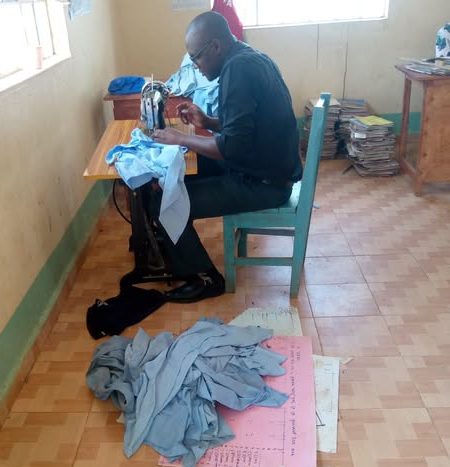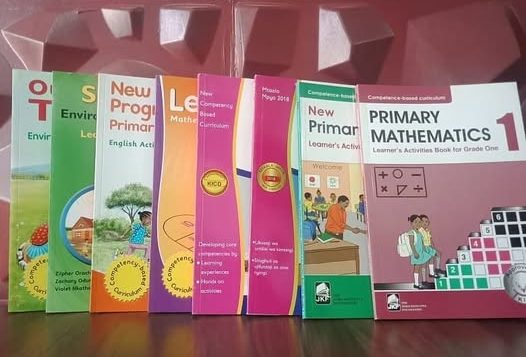When schools close, students have the opportunity to take a break from the academic grind. It’s an ideal time to hit the pause button and recharge their academic batteries, because when they rest, they don’t rust. However, students who want to use their holiday time wisely should balance three things: home chores, personal study, and leisure activities. This is the best approach to make the most of their break.
- Connect with your family
Holidays are an excellent time to strengthen family bonds. Express gratitude for your parents’ support by writing them a thank-you note. Assist your parents with household chores and contribute to their income if possible. This might make it easier for them to cover school fees and purchase academic materials for you. Building a good relationship with your parents can lead to their favor and blessings, as it’s advised in Ephesians 6:1-3 to honor your parents for a long life.
- Read extensively
During the holidays, students should cultivate a rich reading habit. Explore a variety of materials, including class notes, core-course books, storybooks, class readers, KCSE set texts, self-help books, newspapers, and magazines. As Nassim Taleb observed, “A good book gets better on the second reading, a great book on the third.” Developing a strong reading habit enhances content mastery, memory, confidence, and communication skills. It also enriches vocabulary and boosts creativity, imagination, and concentration. Good books promote a positive mood, reduce stress, and expose learners to new ideas, all while enhancing their writing skills and linguistic intelligence.
- Complete assignments
Teachers often assign plenty of homework for students during the holiday. To use this time wisely, prioritize your studies over non-academic activities like parties, hangouts, and social gatherings, especially if you’re transitioning from Form Three to Form Four.
- Share knowledge with peers
During the holiday, take the opportunity to meet and connect with fellow students from other schools. Compare notes and learn from each other’s best academic practices. Encourage positive peer influence, particularly when it comes to learning habits, hobbies, routines, and rituals.
- Engage in “edutainment”
Entertainment is important, and teens love to have fun. While there’s nothing wrong with enjoying entertainment, consider choosing “edutainment” options—entertainment that is educative and informative. Select music and movies that promote character development and mental growth. Avoid forms of entertainment that lead to mental laziness and negative behaviors.
- Make wise use of media
Media has significant influence, as noted by Malcolm X. Use your access to phones wisely. You can engage in online learning through platforms like Zoom, Google Meet, and more. Follow informative programs on educational TV channels and use resources like YouTube to learn about various topics, watch speeches, and documentaries. Watching the news during prime time can enhance communication skills and keep you informed about current events.
- Participate in church activities
Many purpose-driven churches organize mentorship programs, seminars, conferences, and camps during the holidays. Attend these events to learn and grow. Participate in church charitable programs to develop kindness, empathy, and altruism. Join in church services to strengthen your connection with God and engage in mission work to serve your community.
- Explore career options
During the holidays, read relevant books and watch TV programs that provide valuable insights into different careers and the future world of work. Consult career counselors and explore job shadowing opportunities to gain firsthand experience in your desired field.
- Unleash your potential
Discover and nurture your talents during the holiday break. Talent is an inborn ability, and skill is competency acquired through practice. Develop not only hard skills learned in school but also soft skills, life skills, 21st-century skills, transferable skills, and employability skills. These skills will be valuable in your future endeavors.
- Learn from positive role models and mentors
Choose role models who exhibit admirable character qualities and mentors who can guide you based on their life experiences. Be cautious about your choices, as the wrong role models can lead you astray. Seek wisdom and advice from those who have walked the path before you, as life is a journey, not just a destination. Mentors can serve as valuable guides on your life’s journey, and their experiences can be incredibly insightful.
Incorporate these tips into your holiday routine to ensure a productive and enriching break.
© Victor Ochieng’
The writer speaks in youths/teens’ meetings organised by families, churches, FBOs, NGOs, inter alia. Parents and guardians can also reach out to him for one-on-one mentorship and coaching at the Penman Centre in Nairobi and on Zoom Webinar. vochieng.90@gmail.com. 0704420232
Get more stories from our website: Education News
To write to us or offer feedback, you can reach us at: editor@educationnews.co.ke
You can also follow our social media pages on Twitter: Education News KE and Facebook: Education News Newspaper for timely updates.
>>> Click here to stay up-to-date with trending regional stories






